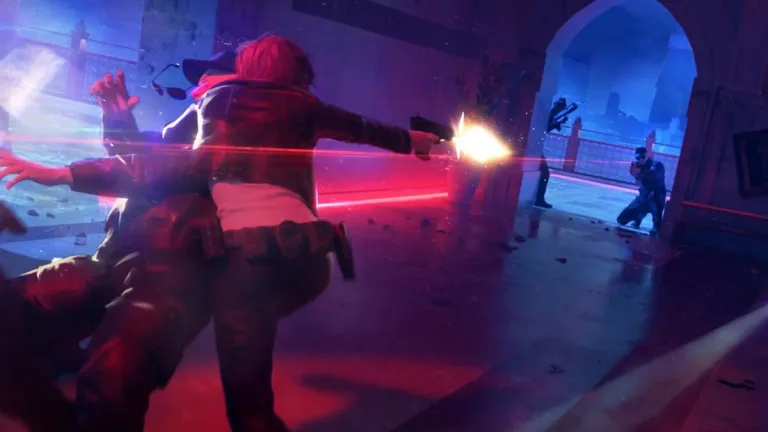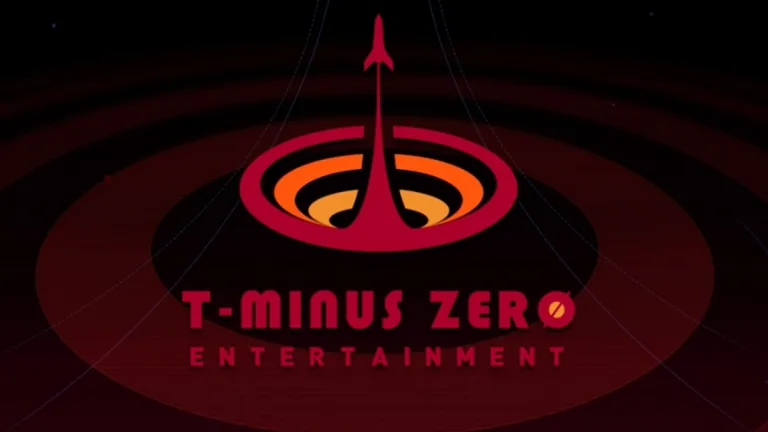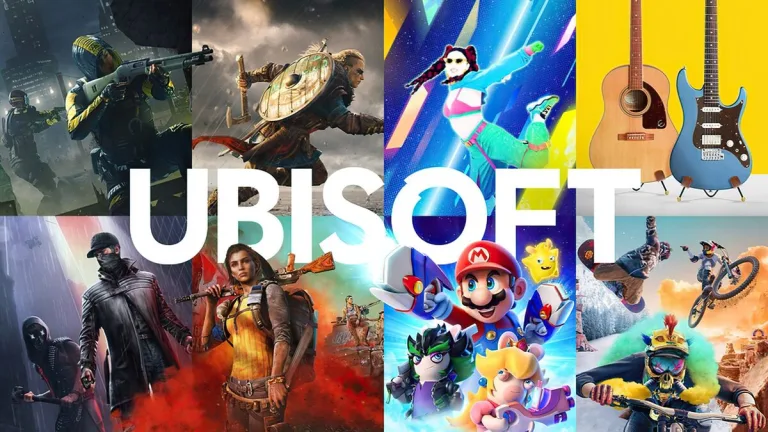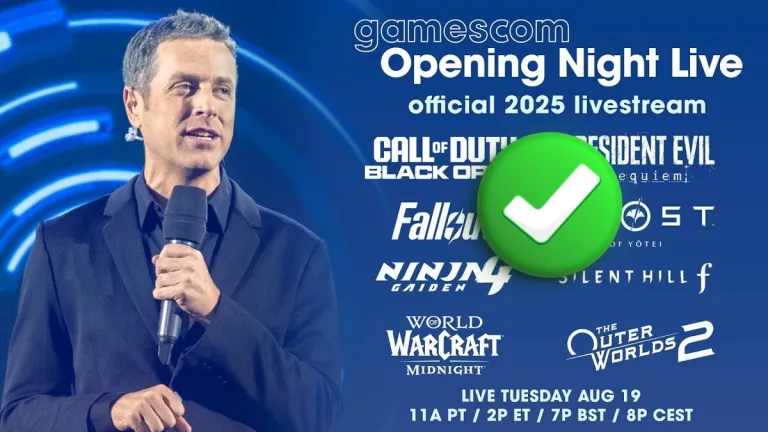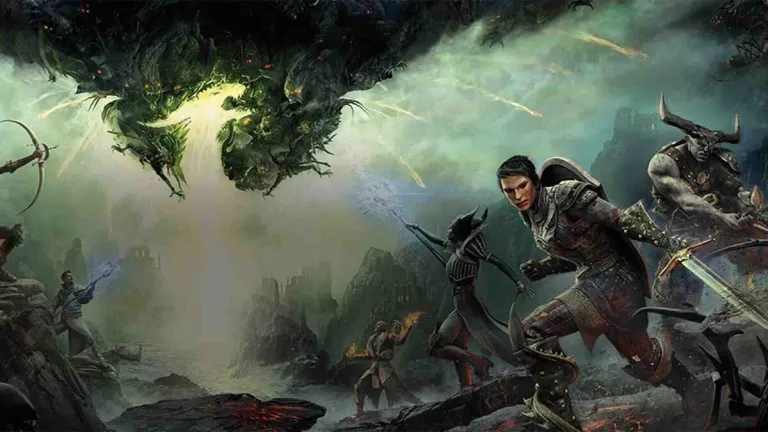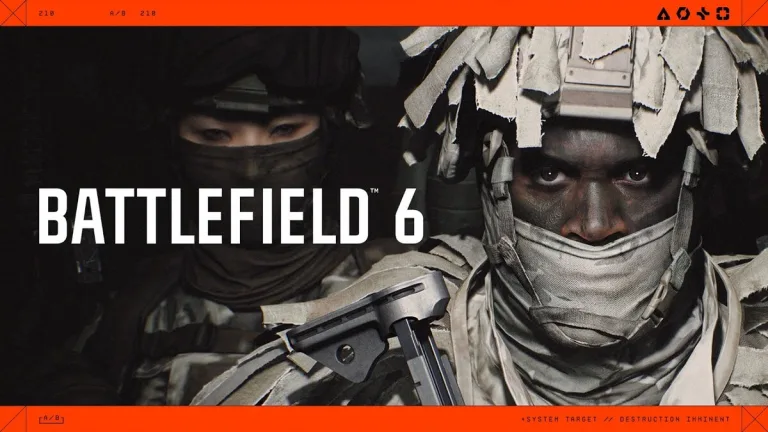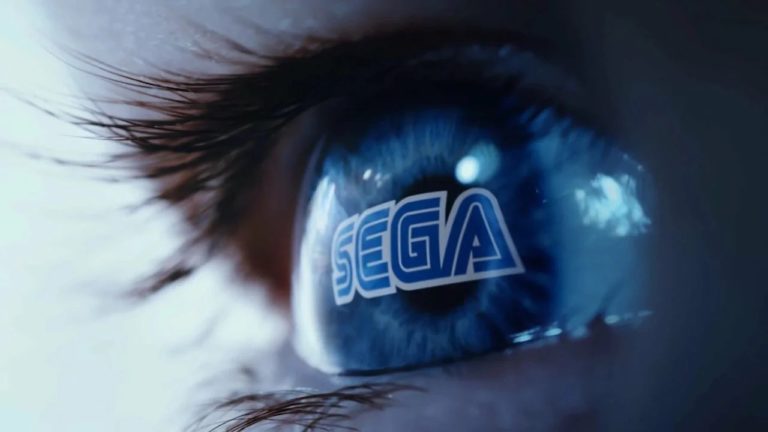When Xbox announced the return of Perfect Dark in 2020, it wasn’t just another franchise revival —...
Industry
As the gaming world turns its gaze toward Tokyo this September, one name looms larger than most:...
In a move that sent ripples through the MMO development community, NetEase has officially shut down T-Minus...
At the recent Unreal Fest in Seoul, Epic Games CEO Tim Sweeney addressed a growing criticism: that...
In a move that feels both nostalgic and sobering, Atari has officially confirmed the acquisition of more...
Gamescom’s Opening Night Live 2025 just wrapped, and if you blinked, you probably missed something. Geoff Keighley...
Fellowship Entertainment — the freshly rebranded Embracer Group — reported an adjusted operating profit of 75 million SEK...
The Dragon Age series has long stood as one of BioWare’s most ambitious and beloved RPG franchises....
The first weekend of the Battlefield 6 Open Beta (August 9–11, 2025) was a whirlwind of action,...
Sega Sammy Holdings has released its financial results for the first quarter of fiscal year 2026 (ending...


